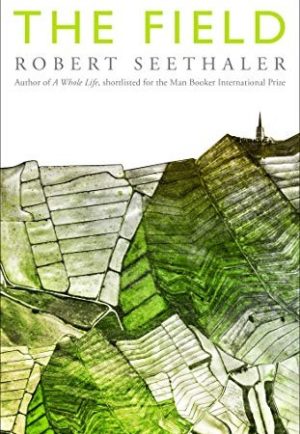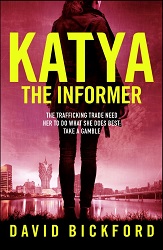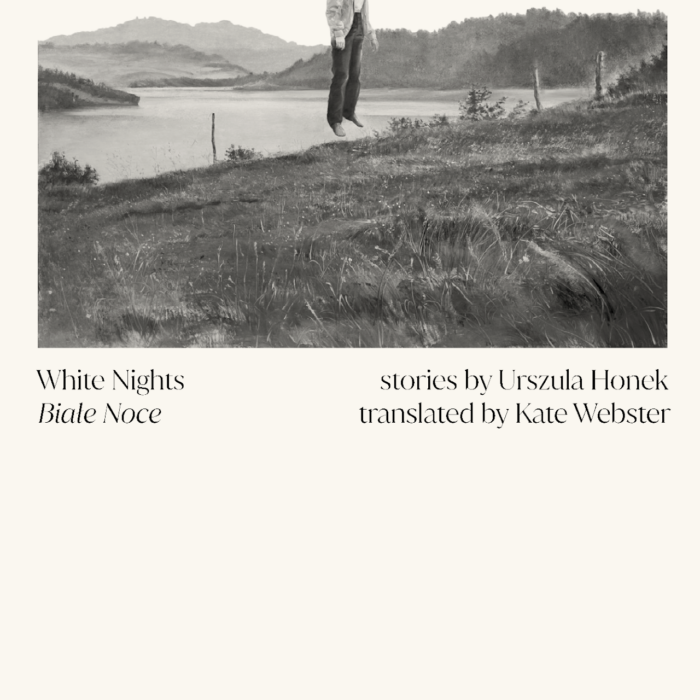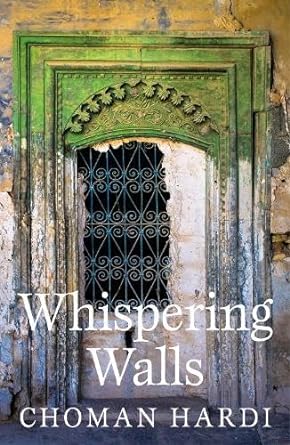You have no items in your cart. Want to get some nice things?
Go shopping
A few years ago, as I was pottering around a local market looking for old books, I came across an LP called Cotswold Voices. When I flipped over the sleeve to find track names like “Snuff Taking,” “Oss Muckin,” and “Bath Time,” it became irresistible. I fondly remember laying the needle in the groove to resurrect all of those warm, lilting voices and their tales of the old days and ways. It was like a great short story collection, a portrait of place revealed by the habits and quirks of its community.
I was hoping for a similar sense of weathered wisdom from Robert Seethaler’s latest book, The Field, a collection described as the history of a “small, sleepy provincial town…given shape and meaning by those who lived, loved, worked, mourned, and died there.” As the book begins, an unnamed man – perhaps a parish verger – settles on his favourite bench and looks out over the rows of graves in he Field, the colloquial name for a cemetery in Paulstadt. “The truth is,” Seethaler writes, “he was convinced that he could hear the dead talking.”
And talk they do. As if by invocation, the man’s idle thoughts spark a minor resurrection, and the former citizens of Paulstadt rise up from their graves to remember stories from their lives. Some characters focus on one transformative, irrevocable moment; others are deliciously pithy (Sophie Breyer: “Idiots”). There are anecdotes and epistles, accusations and confessions. The longest shadow is cast by Father Hoberg, a priest whom many townsfolk remember only as a strange, aloof child. They mistrust his sermons, and Hoberg comes to feel that he is on a futile mission. Rather than turn bitter, he becomes overzealous, further alienating his congregation with his stern lectures. Finally, desperate to connect to the people who had shunned him, he commits an unforgettable act that will mark the town for decades.
Through the gradual accrual of lore and gossip, The Field seems to ask: What constitutes a community? Is it a conscious entity or an unconscious organism? The problem is that Seethaler, with a few strong exceptions, has written such clichéd stories as could happen in any community, rather than chipping away at what makes this community unique. The sense of generality may be a point in favour of communal unconsciousness – perhaps people will slip into familiar identities or recognisable patterns of behaviour wherever certain social structures are prevalent. But even if that were Seethaler’s point, it doesn’t make more entertaining his tried and tested tales of (among others) a repressed housewife; a heckled, hard-working refugee done good; a corrupt civic official; or a post-war family’s attempt at assimilation.
Similarly, as we come to recognise the topography of the town by its popular shops and venues (the Golden Moon pub or Black Buck hotel) and scenic descriptions (“You could walk from north to south in twenty-five minutes.”), these points of familiarity feel more like shortcuts than inroads to a genuine sense of lived-in, local texture. In his recent book A Swim in a Pond in the Rain, George Saunders asks reasonably that the writer setting their story in a particular milieu, at a particular time, offer dramatic consequences for those details of space and place that the reader works to invest in. But The Field, despite zooming in on the particulars of Paulstadt, never makes it feel fully inhabited or alive, like a place with histories that fall beyond the perimeters of the page. By the end of this slim book, as I reflected on dozens of half-remembered stories, it felt much like an actual cemetery, filled with uncertainty and dead air.
The Field
By Robert Seethaler
Translated by Charlotte Collins
240 pages. Picador
About Michael Ewins
Michael Ewins is a full-time bookseller and part-time writer based in Stratford-upon-Avon. He is a former contributor of film criticism to Sight & Sound/BFI, Dazed & Confused, Senses of Cinema, Second Run, and Arrow Video. He is currently writing a braided biography of the New England poet Emily Dickinson and Super 8 filmmaker Anne Charlotte Robertson.




